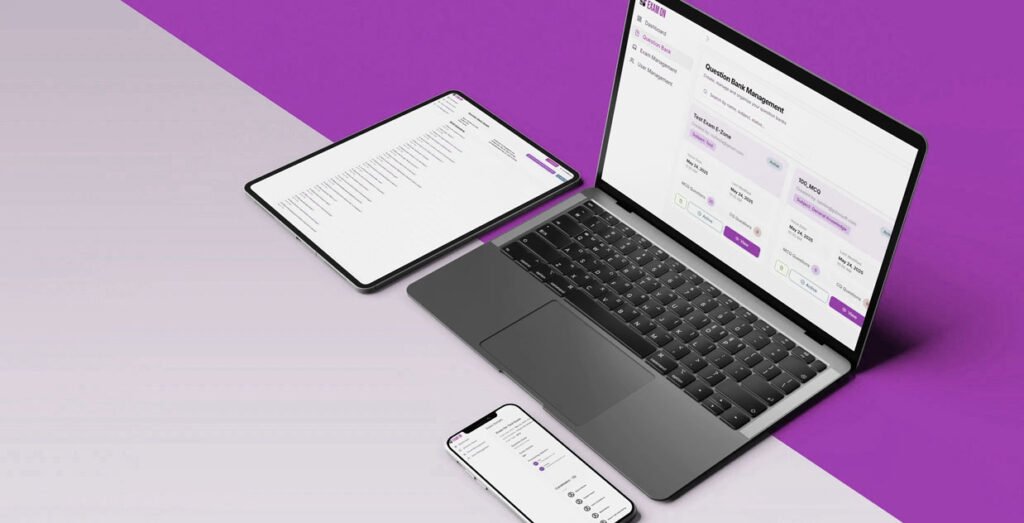to retirement, is a complex and multifaceted challenge. HR Management Software (HRMS), often encompassing Human Capital Management (HCM) or Human Resources Information Systems (HRIS), is the technology designed to automate, streamline, and optimize every aspect of the employee lifecycle. It transforms traditional, paper-intensive HR functions into efficient, data-driven processes, enabling HR departments to become strategic partners in business growth.
H2 Title

At its foundation, HR management software typically includes core HR functionalities such as employee data management. This involves maintaining comprehensive employee profiles, including personal details, contact information, job history, compensation, and benefits enrollment.
At its foundation, HR management software typically includes core HR functionalities such as employee data management. This involves maintaining comprehensive employee profiles, including personal details, contact information, job history, compensation, and benefits enrollment. This centralization of data ensures accuracy and accessibility. Payroll processing is another critical component, automating salary calculations, tax deductions, and direct deposits, significantly reducing errors and ensuring timely compensation. Benefits administration is also streamlined, allowing employees to enroll in health insurance, retirement plans, and other benefits, often through self-service portals.

Beyond these core functions, modern HRMS solutions offer sophisticated modules for talent management. This includes recruitment and applicant tracking systems (ATS) that automate job postings, resume parsing, candidate screening, and interview scheduling. Performance management tools facilitate goal setting, performance reviews, and feedback mechanisms, fostering employee development. Learning and development modules enable the delivery and tracking of training programs, skill development, and compliance training. Employee self-service portals are a game-changer, empowering employees to update personal information, request time off, view pay stubs, and access company policies, reducing the administrative burden on HR staff.
H2 Title
At its foundation, HR management software typically includes core HR functionalities such as employee data management. This involves maintaining comprehensive employee profiles, including personal details, contact information, job history, compensation, and benefits enrollment.

The analytical capabilities of HR management software provide invaluable insights into workforce trends, turnover rates, recruitment effectiveness, and employee engagement. This data allows HR professionals to make informed decisions about staffing, talent development strategies, and organizational culture. By automating routine tasks, ensuring compliance with labor laws, and providing a unified platform for all HR-related activities, HR management software not only enhances operational efficiency but also significantly improves employee satisfaction, talent retention, and ultimately, the overall productivity and strategic advantage of the organization. It allows HR to move beyond administration and truly focu
